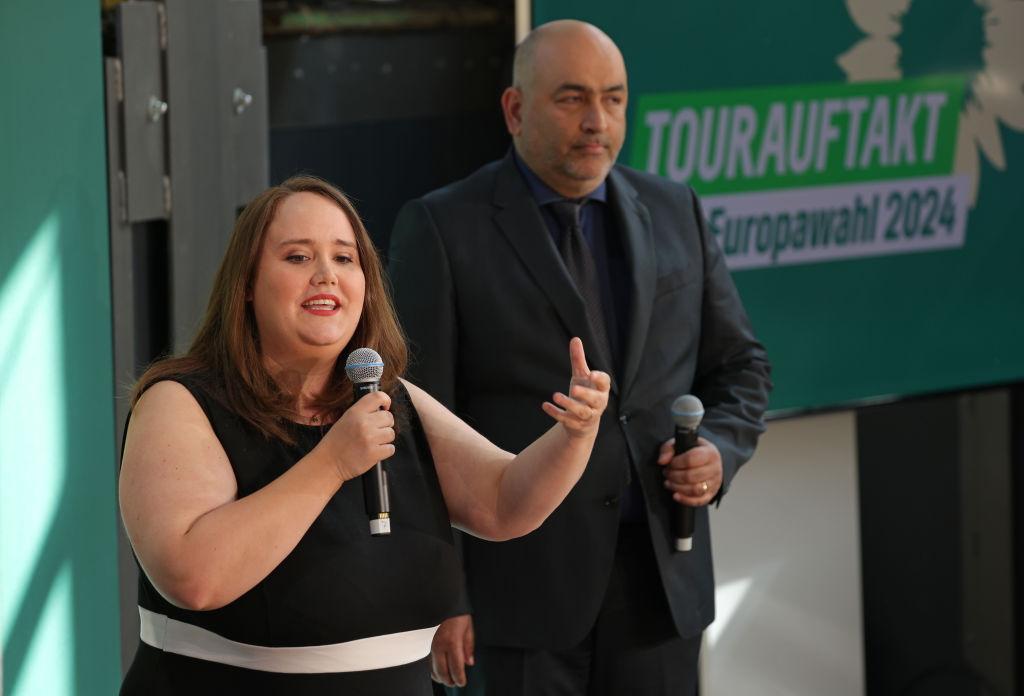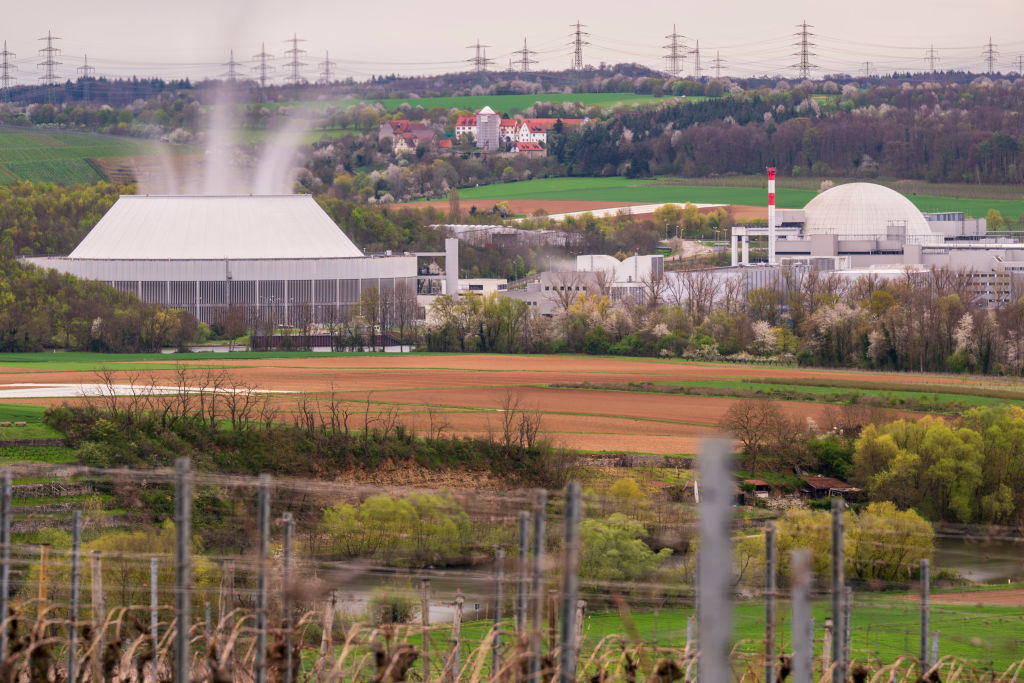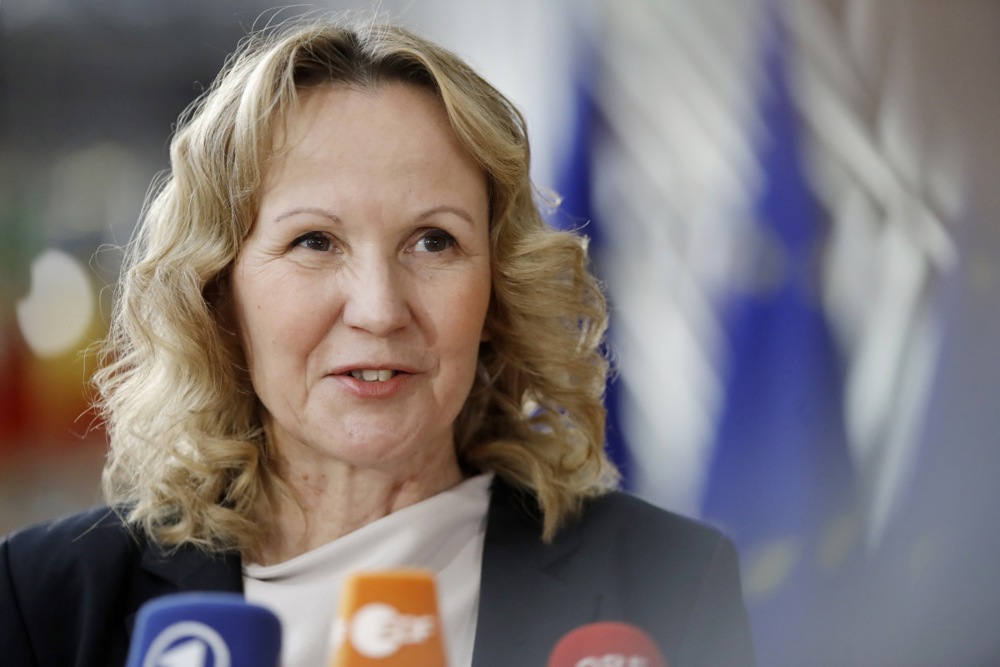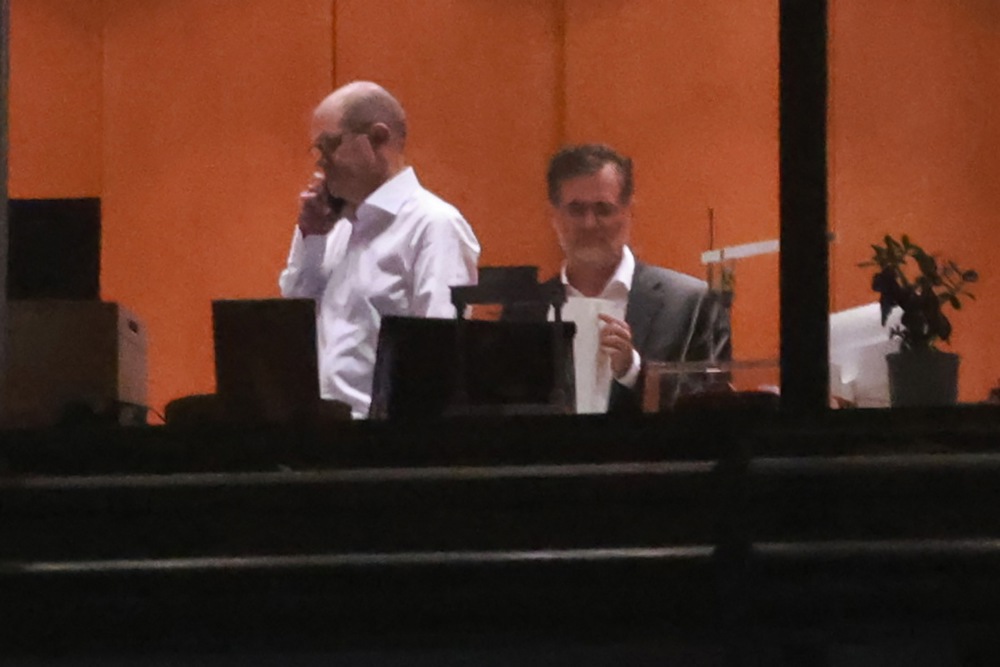Germany’s Green-led ministry for economic affairs has argued in favour of bribing consumers with €1,000 in fuel credit to buy a new or used electric car.
With electric vehicle (EV) sales slumping in both Germany and Europe, Germany should now try handing out electric charging cards with €1,000 in credit pre-loaded onto them, said a December 12 report by Robert Habeck’s federal ministry for economic affairs and climate protection.
“We want to use the state to finance a charging credit of €1,000 (for charging at publicly accessible charging stations) as an incentive to buy electric cars (new and used),” said the report.
The ministry also was making plans to give low and middle-income individuals who bought a new or used electric car a tax deduction corresponding to a percentage of the vehicle’s cost.
They also could benefit from a state-subsidised battery health check. The ministry suggesting the government pay the first €100 of the battery inspection’s cost.
And for those unable to afford electric vehicles, the ministry favoured examining “alternative models such as a social leasing model” aimed at putting EVs in the hands of lower-income Germans.
The European Commission has announced it will be pumping more cash into electric vehicle battery technology despite losing hundreds of millions on the now-bankrupt Northvolt project. https://t.co/b48ky1FmZG
— Brussels Signal (@brusselssignal) December 4, 2024
The plot came amid increasing German concerns about the state of its automotive sector.
Traditional automakers have struggled to transition to making electric vehicles, with even motoring giants such as Volkswagen facing difficulty competing against rivals from China and the United States.
Coalition-party politicians are also concerned the drop in electric car sales could hurt their chances of meeting EU-backed climate goals.
Germany hoped to have 15 million electric cars on its roads by 2030, a target now in doubt.
The ministry’s plans to bribe people into making the transition came in the run-up to a February snap election, in which Habeck and the Greens currently looked likely to lose their place in government.
According to polling agency INSA, the Greens currently only had around 12 per cent support, compared to 23 per cent before Russia’s full invasion of Ukraine in 2022.
The group was now currently expected to finish a distant fourth, behind the centre-right Christian Democrat parties, the populist Alternative for Germany, and their own centre-left coalition partners, the Social Democratic Party (SPD).
Ford has announced it will cut around 14 per cent of its European workforce, blaming significant losses in recent years compounded by weak demand for electric vehicles, a lack of government support for the shift to EVs, and rising competition. https://t.co/kTGYBJtvDp
— Brussels Signal (@brusselssignal) November 21, 2024





